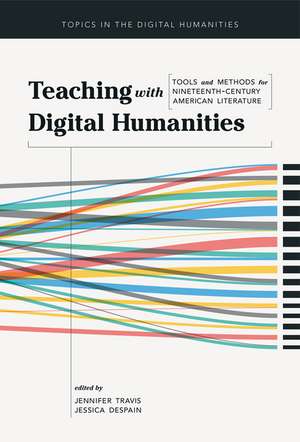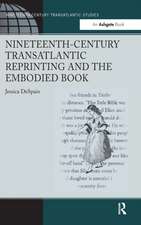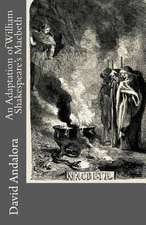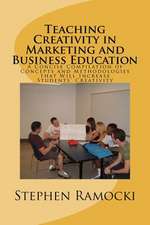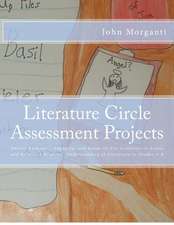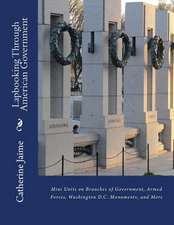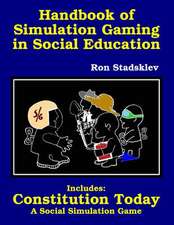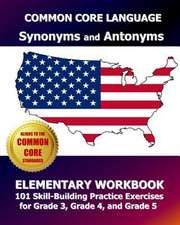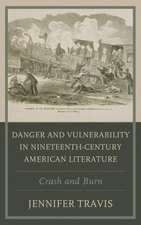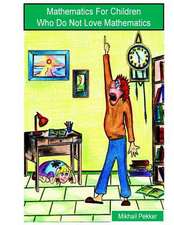Teaching with Digital Humanities: Tools and Methods for Nineteenth-Century American Literature: Topics in the Digital Humanities
Editat de Jennifer Travis, Jessica DeSpain Contribuţii de Nicole N Aljoe, Elizabeth Argentieri, Blair Best, Tisha M Brooks, Madeleine (Maddie) G Cella, Benjamin J Doyle, Amy E Earhart, Duncan Faherty, Eric Gardner, Ella L Gill, Clayton Grimm, Cynthia L Hallen, Molly O'Hagan Hardy, Elizabeth Hopwood, Teagan Rabuano, Ashley Reed, Lawrence G Richardson, Augusta Rohrbach, Victoria K Sprowls, Catherine Waitinas, Ed Whiteen Limba Engleză Paperback – 15 noi 2018
Asupplemental companion websitewith substantial appendixes of syllabi and assignments is now available for readers ofTeaching with Digital Humanities.
Preț: 201.06 lei
Nou
38.47€ • 40.28$ • 31.83£
Carte disponibilă
Livrare economică 15-29 martie
Livrare express 04-08 martie pentru 28.93 lei
Specificații
ISBN-10: 0252083989
Pagini: 298
Ilustrații: 2 black & white photographs, 3 tables
Dimensiuni: 156 x 235 x 23 mm
Greutate: 0.43 kg
Editura: University of Illinois Press
Colecția University of Illinois Press
Seria Topics in the Digital Humanities
Recenzii
"Relevant not only to practitioners and theorists of digital humanities but also to students and scholars of 19th-century American literature. . . . Highly recommended." --Choice
Notă biografică
Jennifer Travis is a professor and chair of English at St. John's University. Her most recent book is Danger and Vulnerability in Nineteenth-Century American Literature. Jessica DeSpain is an associate professor of English language and literature, editor of The Wide, Wide World Digital Edition, and codirector of the Interdisciplinary Research and Informatics Scholarship Center at Southern Illinois University Edwardsville. She is the author of Nineteenth-Century Transatlantic Reprinting and the Embodied Book/
Descriere
Jennifer Travis and Jessica DeSpain present a long-overdue collection of theoretical perspectives and case studies aimed at teaching nineteenth-century American literature using digital humanities tools and methods. Scholars foundational to the development of digital humanities join educators who have made digital methods central to their practices. Together they discuss and illustrate how digital pedagogies deepen student learning. The collection's innovative approach allows the works to be read in any order. Travis and DeSpain curate conversations on the value of project-based, collaborative learning; examples of real-world assignments where students combine close, collaborative, and computational reading; how digital humanities aids in the consideration of marginal texts; the ways in which an ethics of care can help students organize artifacts; and how an activist approach affects debates central to the study of difference in the nineteenth century.
A supplemental companion website with substantial appendixes of syllabi and assignments is now available for readers of Teaching with Digital Humanities.
